Though alcohol withdrawal is potentially fatal, booze has none of the media-confected glitz of heroin (imagine Will Self boasting of a Baileys Bristol Cream addiction). The 17th-century word for the sickness that follows excessive drinking — ‘crapula’ — effectively hints at the alcoholic’s sleazy kind of stupor. In his earlier years, Stephen King would drink himself daily into a wall-eyed hangover. His scariest novels — Carrie, The Stand, The Shining — were written in the 1970s when sobriety was a no-no for him. Jack Torrance, the author who goes off his rocker in The Shining, suffers the most horripilating of alcohol-tainted visions while holed up in the Overlook Hotel in the Colorado Rockies. King put something of his boozed-up self into Torrance.
King’s new novel, Doctor Sleep, picks up where The Shining left off four decades ago. While it does not rank with the best of King it remains very decent King nonetheless. Much has happened in the intervening years. The Overlook has burned to the ground; Jack Torrance and his wife Wendy are long dead. Their son Danny has — not surprisingly — taken to the bottle, and is intermittently violent with it. Unable to look a decent breakfast in the face, he joins Alcoholics Anonymous in the hope of salvation.
King (who achieved AA sobriety in the late 1980s) writes movingly of Danny’s ‘dangerously tipped life’. On top of the booze, Danny is still burdened by the Shining — an ability to detect psychic powers in other psychics and share in their predictive dreams. Though the Shining has been dormant in Danny for many years, it reactivates when he encounters a 12-year-old girl named Abra, who has been a paranormal conduit since birth.
Danny himself remains haunted by the events of that far-off winter in the Colorado Rockies when his father (played by Jack Nicholson in the film of The Shining) tried to kill him with an axe. In vain Danny tries to keep down odd jobs while Abra communicates to him news of a great evil. A collective of child-molesting mystics known as the True Knot are roaming America in search of juvenile psychics who have the Shining. Once captured, the children are ritualistically slaughtered and the ‘steam’ that emanates from their dying breath (a sort of ectoplasmic life force) is stored by the True Knot as a sort of supernatural nutrition. As one who Shines hard and bright, Abra is in danger of being kidnapped and harvested for her coveted ‘steam’.
If this sounds crackers, it is crackers. (Stephen King’s frightscapes are among the most incredible in literature, yet one believes in them unquestioningly.) While Doctor Sleep is a very serviceable sequel to The Shining, it does lack the vertiginous attack and ability to frighten of early King. (‘People are getting harder to frighten these days,’ King said ruefully on a Radio 4 interview recently.)
Touchingly, the novel is dedicated to American-born songwriter Warren Zevon, whose songs (‘Werewolves of London’, ‘Accidentally like a Martyr’) compete with King for their dark and enduringly twisted humour. King used to play guitar in a rock band with Zevon until the latter died of drink.
The Spectator’s Shiva Naipaul Memorial Prize for unconventional travel writing is open for entries. The winner gets £2,000 and the winning essay is published in our special Christmas issue. Click here for more details.
Got something to add? Join the discussion and comment below.
Get 10 issues for just $10
Subscribe to The Spectator Australia today for the next 10 magazine issues, plus full online access, for just $10.
You might disagree with half of it, but you’ll enjoy reading all of it. Try your first month for free, then just $2 a week for the remainder of your first year.

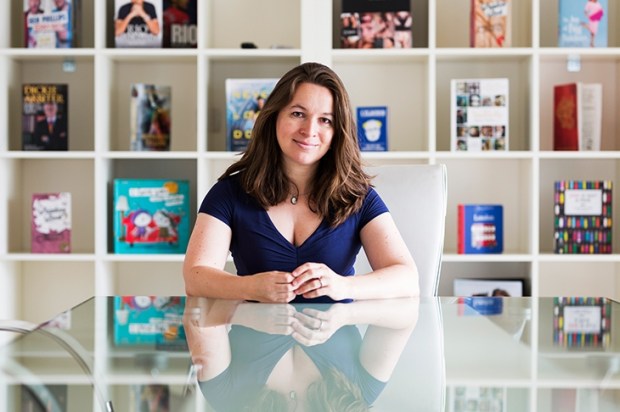
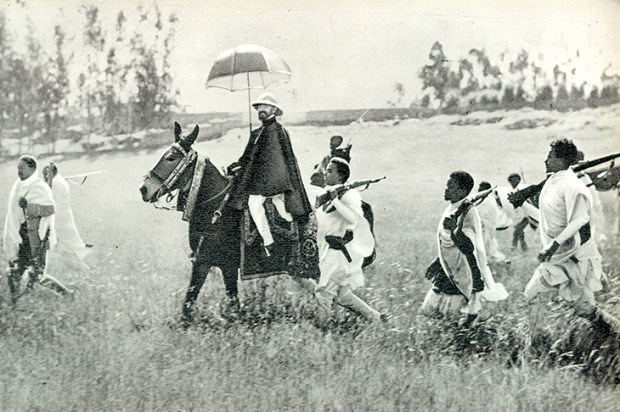
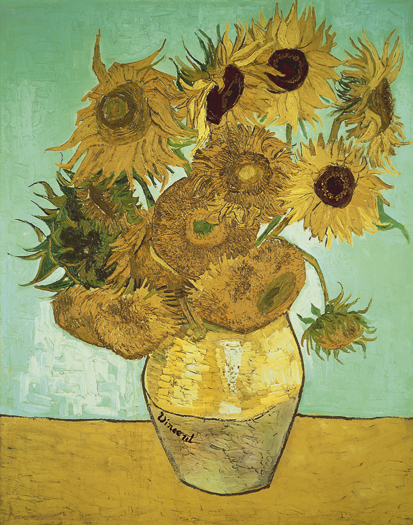
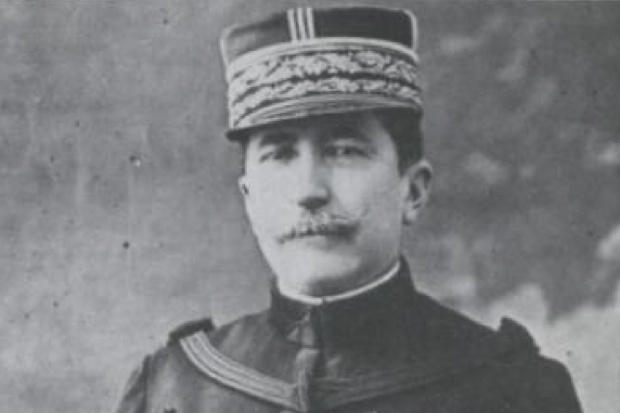
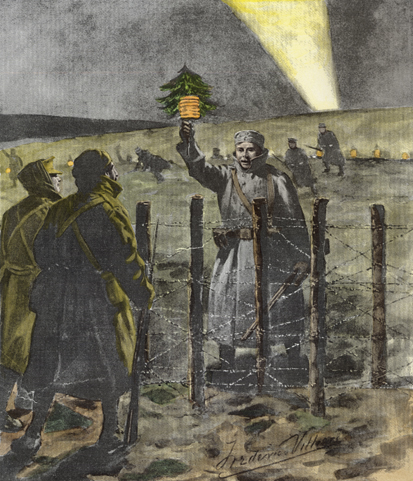







Comments
Don't miss out
Join the conversation with other Spectator Australia readers. Subscribe to leave a comment.
SUBSCRIBEAlready a subscriber? Log in